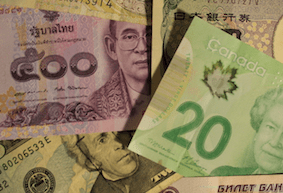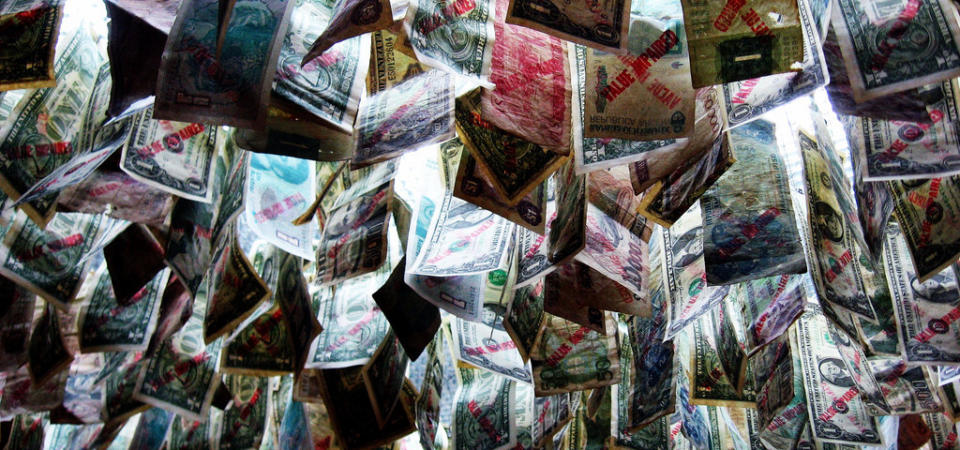Where does economics sit within sustainability? In many instances, it appears as a separate entity.
The standard ‘triple bottom line’ comprises economics, society, and the environment, sometimes expressed as profit, people, and planet. The sustainable development triangle is portrayed with three sides of social (or societal), environmental (or ecological), and economic.

Economics, though, is simply a constructed human idea, applied by human beings. It generally describes how goods and services are produced and used, involving elements such as decision-making, material and financial flows, and asset calculations.
All these elements are from, by, and for humanity. Everything involving and related to economics emerges from and is part of society. So why is economics separated from society?
Rather than artificially creating a new category for the nebulous and ethereal entity called ‘economics’, we should place it within society. Recognizing economics as a subset of society might even humanize it more.
The sad situation is that, far too often, economics dominates sustainability discussions, policies, and actions. We should instead consider primarily society and the environment, particularly regarding their connections and overlaps–even their integration as part of sustainability.
Let’s put economics and profit in the right place: Within society, as one consideration of society amongst many, and not necessarily the first priority.
Ilan Kelman is a reader in Risk, Resilience and Global Health at University College London. You can follow him on Twitter @IlanKelman.

No comments:
Post a Comment